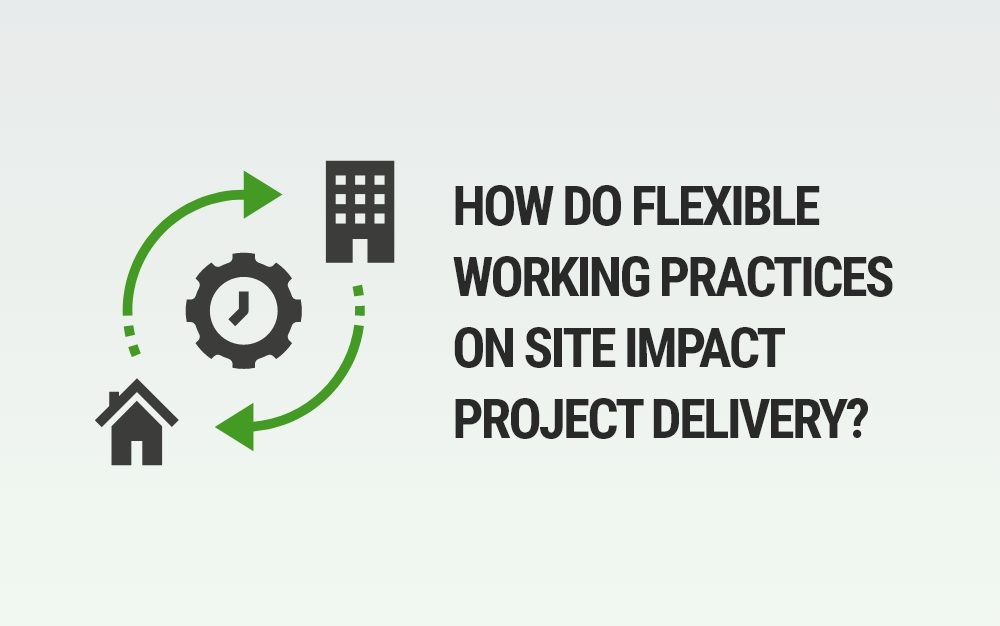Over two and half years since COVID-19 changed the commercial world forever, construction industry decision makers all over the world have been asking questions about how new operational changes, such as working remotely, will impact project delivery.
It has been difficult to come to a definitive answer; giving changes time is necessary to spot reliable patterns and anomalies in data – essential before conclusions can be reached. Every company is different and an operational change in one company might not work for another. However, two and a half years later, it is safe to say that we now have a definitive answer for most companies working in construction, including the house building industry.
Do hybrid and flexible working patterns reduce costs? The short answer is no, at least according to research by The Construction Pioneer Programme. So if you are a house builder looking to implement flexible working practices on site and you are hoping to save money in the long term, you may be disappointed. Despite this, it has been found that staff retention has seen significant improvements. Could this new way of working be the answer to the skills shortage?
Staff retention, wellbeing and improved productivity are among the main benefits of implementing flexible working practices on site. Job autonomy makes workers feel more valued, essential for employers looking to retain their skilled employees in times where they are hard to come by. The knock-on benefits of flexible working for site workers are a win-win for both employees and businesses.
Have you introduced flexible working practices for on-site workers for your new home development company? Participate in the poll here.
Housebuilder Pro is an end-to-end CRM and property management software system for new home builders. To take a closer look, you can book a free demo here.




